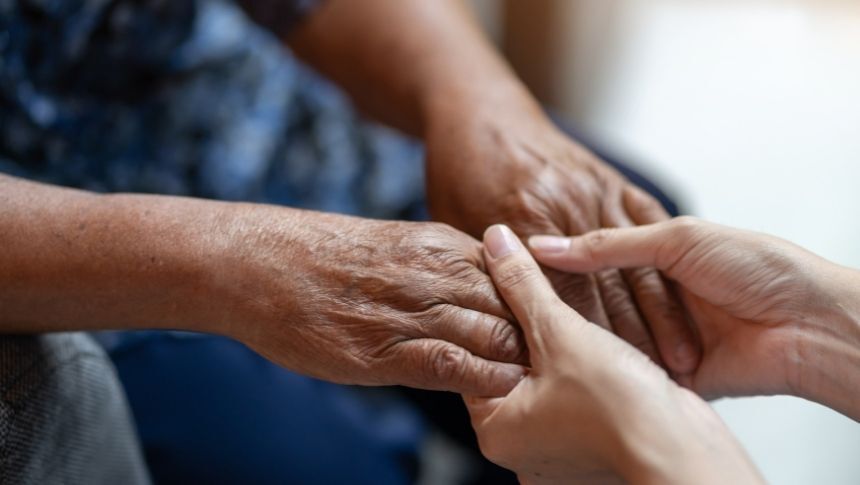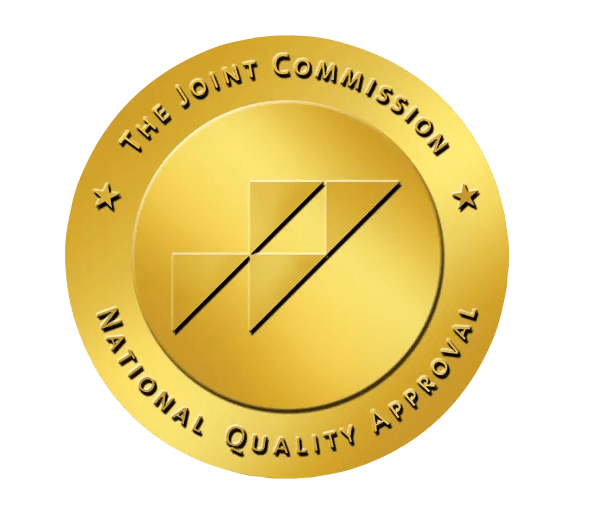How to Support Addicted Friends and Relatives
How to Help a Loved One Suffering from Addiction
Addiction doesn’t just impact the addict – it affects everyone around them. If you have a loved one who is suffering from addiction, you may feel helpless and powerless.
You may be anxious, not know what to do, and be afraid of doing or saying the wrong thing.
Use the following tips to navigate your relationship with a loved one during this difficult time.
ALSO READ: Different Therapies for Treating Addiction→

Educate Yourself
More often than not, fear comes from not knowing enough about something.
Educating yourself about addiction will benefit both, you and your loved one.
Not only will you better understand them, but the more knowledgeable you are about the disease, the more you will be able to help them.
Don't Enable Them
It can be hard to draw the line between supporting your loved one and enabling them.
While this comes from a good place, it can prevent your loved one from seeking help. One of the ways addicts realize they need treatment is when they’re forced to face the consequences of their actions.
If you constantly bail them out by giving them money, handling their responsibilities, and making excuses for them, you may be enabling them and their disease.
Help Them Build Coping Skills
In addition to encouraging healthy habits, you can also try and help your loved ones develop coping skills.
Stressors in daily life can trigger relapses or worsen addiction, and coping skills can help your loved one deal with their problems without depending on drugs or alcohol to numb their pain.
This includes listening to them, helping them resolve problems by offering advice, encouraging them to join peer support groups like Alcoholics Anonymous (AA) or Narcotics Anonymous (NA), and more.
Support Them and Be Compassionate
One of the main things to remember is that addiction isn’t a choice – it’s a disease.
Addicts deserve compassion and love and supporting them can be the difference between them getting help or their condition worsening.
Instead of making them feel alone, provide social support and encourage them to seek treatment. You should also make sure not to shame them or criticize them.
Many tout the idea of “tough love” but your loved one needs your support in order to recover.
Shaming them may result in isolation and those feeling judged are much less likely to work toward recovery.
Know the Signs of Relapse
One of the most important ways you can help your loved one beat addiction is to know when they have fallen off the wagon.
Be aware of red flags and if you notice them, take action immediately.
If you notice the early warning signs, you can help your loved one get back into treatment before their condition gets significantly worse.
Conclusion
If your loved one is suffering from addiction, don’t hesitate to reach out to us – Pathways Recovery Centers can help.
We have a variety of addiction treatment programs and can recommend a suitable one for your loved one as well.
Contact us for more information.












